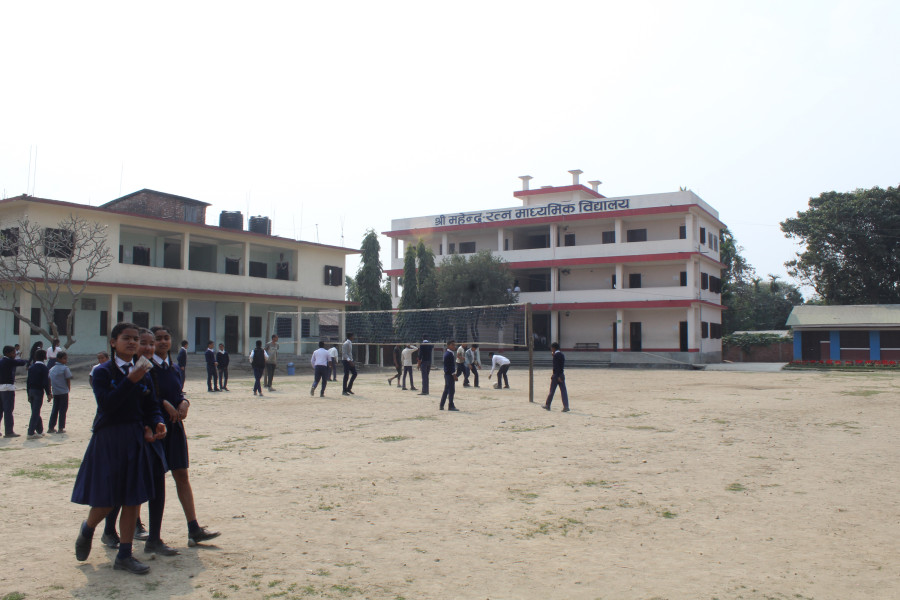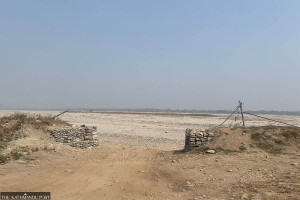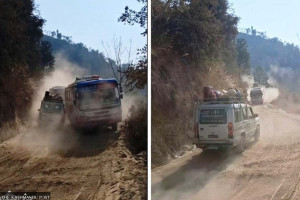Koshi Province
Local governments working to improve quality in community schools
Exercising their constitutional rights, various local units in Province 1 are working to improve the quality of education in community schools.
Province 1 Bureau
Exercising their constitutional rights, various local units in Province 1 are working to improve the quality of education in community schools.
After the local level elections of 2017, people’s representatives have adopted various strategies to monitor community schools in their areas. Electronic attendance system, transport service, research- and practical-based education, school merger, compulsory enrolment of government employees’ children at community schools, to name a few, are some of the steps taken to ensure quality education at community schools.
Stakeholders believe that the quality of education is gradually improving in the province ever since the local units started paying their attention.
Suryodaya Municipality in Ilam has installed electronic devices at three schools to monitor the entry and exit timings of teachers. The municipality said it installed the device to monitor teachers’ attendance after receiving frequent complaints from the guardians about teacher absenteeism in the schools.
Maijogmai Rural Municipality in Ilam has also adopted the same strategy. “We have installed electronic attendance at five schools now. We will soon install the system in all the schools within our rural municipality,” said Jit Bahadur Rai, chief of the local unit.
The local government has also made it mandatory for government employees to send their children to community schools. As per the plan, an employee should send his/her children to a community school or contribute three percent of their monthly salary to a special fund if s/he wants to send their children to a private school. “The plan will be implemented from the upcoming session,” said Rai.
Rong, another rural municipality in Ilam, offered transport service to attract students to community school. The local unit bought a school bus for Saraswoti Secondary School last fiscal year and purchased another for Shanti Niketan Secondary School later. “The number of students attending classes has increased since the school started the bus facility. Some students live as far as 13 km from the school and hesitated to come to school. They have been attending classes regularly now,” said Prem Rai, headmaster at Saraswoti School. The student number climbed to 284 from 258 after the introduction of the bus service.
In Taplejung, various local administrations formulated education regulations and merged several community schools on the bases of the student number and geography. Phaltalung Rural Municipality merged three basic schools in Lelep and opened a hostel for students who come from settlements lacking a community school.
Birtamod Municipality in Jhapa has prepared the guidelines to monitor schools, check attendance of students and teachers, and also upgrade the physical infrastructure at schools. There are 18 community schools in Birtamod Municipality.
(With inputs from our local correspondents)




 14.24°C Kathmandu
14.24°C Kathmandu











